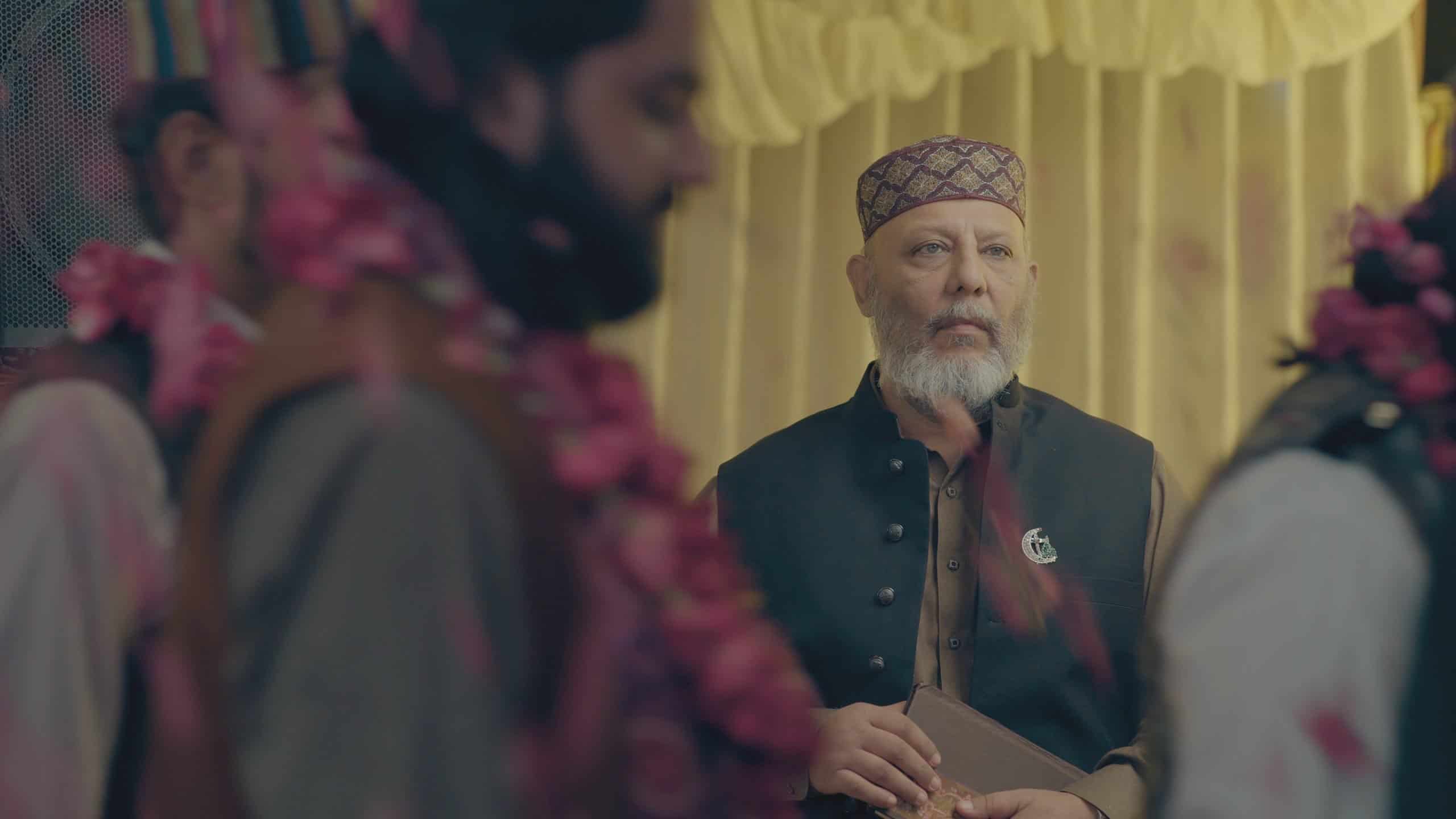Sarmad Khoosat’s Pakistani drama called Zindagi Tamasha managed to start quite a few fiery debates in society. The movie, with its English name, The Circle of Life, ended up winning awards at the 24th Busan International Film Festival and the 2021 Asian World Film Festival. Let us tell you more about the film, Zindagi Tamasha, along with its ending.
Written by Nirmal Bano, the movie explores the conditions that society puts on people in the name of modesty and being conservative. How even small pleasures in life get ridiculed and judged unabashedly just because we as a community have put a statute of limitations on all kinds of activities.
The movie stars Arif Hassan in the main role of Rahat Khawaja, the old guy who becomes the victim of online trolling, Samiya Mumtaz as Farkhanda, the bedridden wife of Rahat, Eman Suleman as Sadaf, daughter to Farkhanda and Rahat, Faani Jan as Faisal, Arslan Khan as Asad, and so many other talented actors who have made the movie a treat for the eyes.
The movie follows the story of a man named Rahat who gets recorded while dancing at a wedding ceremony, and this recording gets posted online for the world to see and judge. The movie is a commentary on how an innocent act of enjoyment can get so harshly judged.
This sentiment ended up hurting many in Pakistan, leading to nationwide protests led by the right-wing extremist political party Tehraak-e-Labbaik. While this disrupted maker Sarmad Khoosat’s life a lot, after much censorship, he ended up releasing the movie on YouTube for people to watch it for free.
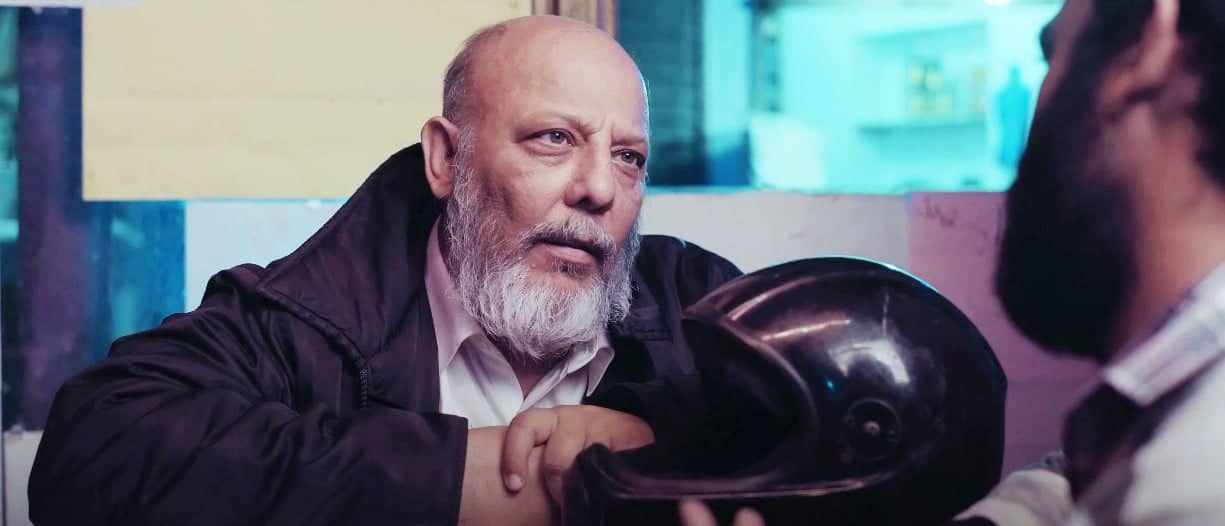
Zindagi Tamasha: The Plot
The movie, Zindagi Tamasha, introduces us to Rahat Khawaja, a devout Muslim man and a devoted husband who diligently takes care of his bedridden wife. With three daughters and a wife to take care of, Rahat works hard as a real estate broker.
Life had not been all that bad for Rahat, who had the respect of his neighbors and was known for singing beautiful hymns for the Prophet. Rahat’s two daughters had been married already and had settled abroad, the third daughter, Sadaf, was a working woman who used to stop by to visit her parents ever so often.
With Rahat working and being the caretaker for his sick wife and Sadaf also leading a working woman’s life, their makers had established that the khawaja family was slightly different than other middle-class Pakistani families that continued to indulge in stereotypical gender roles.
Rahat’s character
The movie takes us deeper into Rahat’s interests, and we soon find that he takes much interest in movies, old actresses, and songs. He enjoys watching them in hopes of getting a glimpse into the dance moves of the songs, revealing to us that there might be a part of him he has had to keep hidden from the outside world.
The movie takes us forward to a wedding scene where Khawaja and all of his friends seem to be present. It is the marriage of a friend’s son, an important occasion with everyone he knows present around him. Everybody seems to be enjoying the wedding, and soon, Khawaja and his friend’s group focus on Khawaja and his tactics when he was younger.
Turns out Khawaja, even when he was young, loved dancing and playing the part of the heroines during the dance sequences. As the entire group starts focusing more on Khawaja, reminiscing how he used to dress up like a girl, Rahat takes it as a cue to play along with his friends and show off his appreciation for old actresses like Aasia Begum.
What started off as a silly conversation dripped with nostalgia soon turned into an awkward environment that had Rahat showing off his graceful yet feminine moves with everybody staring at him. It did not take long for the giggles and laughter to die down and for people to judge him in complete silence.
The scene is tense and suffocating for the audience realizes what is about to come is not going to be good for Rahat. And we are right, the neighbors who pretended to be Khawaja’s extended family and the friends who were reminiscing their childhood with Rahat were pretty quick in distancing themselves from him.
To make matters worse for Rahat, a video of him dancing at the video gets recorded and put on the internet, and it does not take long for him to become the target of trolls and hurtful comments. After the wedding, at home Rahat realizes what he had done and that though it brought him happiness, he was going to get heavily criticized.
When things go downhill
The questions raised by those around him are exactly what you would imagine. How can a ‘man’ enjoy an activity without society questioning his masculinity? How can a man who sings in the name of the Prophet even think of dancing to such a song? How can a man even think that he would be allowed to indulge in something just because it brings him happiness?
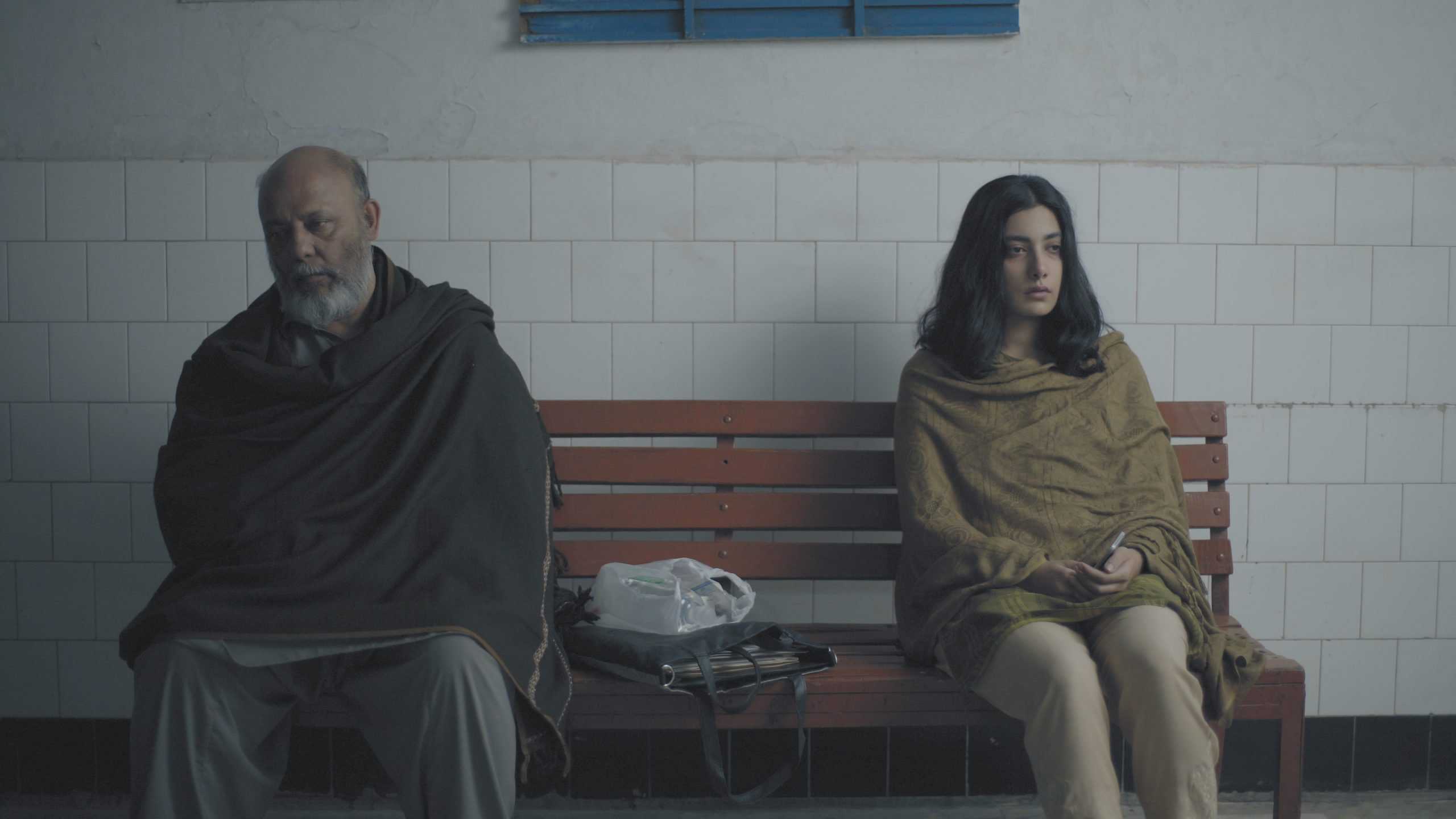
While society poses such questions, Rahat’s life continues to go downhill to the point where he gets declared an outcast by everyone around him. Sadaf, the working daughter who seemed to have broken through the gendered norms, having decided to work instead of having a man take care of her turns out to be not all that modern.
She is the perfect example of a progressive woman who is modern and open-minded only when it is about her rights, but when it comes to her father trying to express his feminine self, she is clearly ashamed. Her husband, Danish, is the only one who actually makes the effort to defend his father-in-law, going against Sadaf herself.
The ridicule from the neighbors does not seem to be going anywhere anytime soon as they continue ignoring Rahat, not greeting him while walking in the streets, definitely not inviting him to weddings anymore, and even slamming their doors shut when he calls them for a meal at his place on Eid.
It is clear that people or neighbors will appreciate your presence only when you act according to their standards and unspoken rules, deviate from them even a tiny bit and you will be forced to live the life of a criminal.
Amending things or not
It gets to a point where Rahat decides it best to record a video of him apologizing to anybody whose sentiments were hurt because of his silly dancing. One cleric witnesses him recording the video and points out that Rahat did not look apologetic enough for anybody to be convinced.
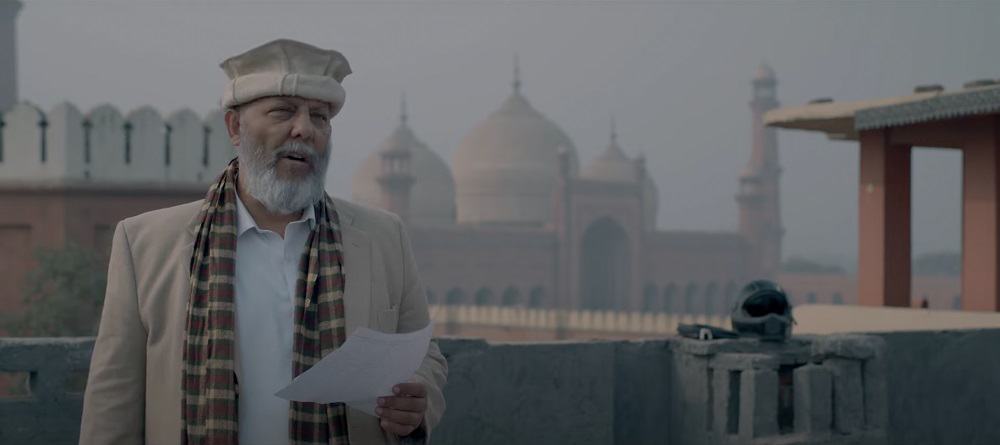
As the cleric continues to make fun of him, Rahat eventually loses it and calls out the Imams and clerics for abusing young boys sexually and how that seems to offend nobody. It is a bold scene in the film and one that received major backlash from the right extremists.
This particular scene got the movie immense hate and even delayed its release. Rahat is not all that of a saint, considering he tries to get back at the world for judging him by revealing to the police that his friend, Usman, holds secret gatherings where they spend time with “feminine-looking” men.
Rahat’s complaint to the police was not done out of concern for his faith, but it was more about who was more pious. He did so to feel slightly better about himself, but the karma of this act hit him soon when he was not let to sing at the annual festival, the one he looked forward to all year round.
This is a big push to him, and the realization of what he has been doing hits him hard. That he has been completely abandoned finally hits him, and his reality comes crashing down on him. The double standards of society, and the hypocrisy of the people around him, including himself, all come to Rahat quickly.
The ending explained
He leaves his house in hopes of finding himself and a community where he might belong and not get judged. He finds minorities and their realities and figures that society has stifled their voice because they are a minority and do not align well with the stereotypical standards and faith.
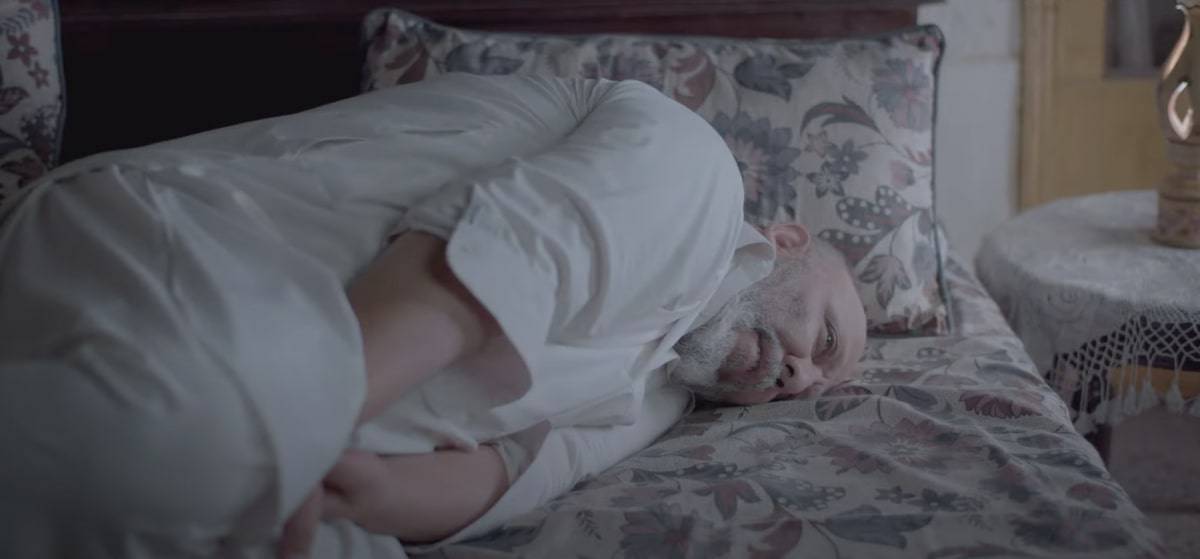
Rahat’s journey ends with him realizing that his feeling comfortable with his femininity and wanting to dance his heart out is something that his community will not outright accept, but is he going to let this fact affect his life and its small desires? That is something he decides.
Despite the double standards and the negativity that Rahat receives, he finds his peace of mind, ending the movie with a point where he is comfortable with whoever he is, not paying much attention to what the conservative society thinks of him.
While the stringent Muslim might not change its ways anytime soon, Rahat had, and he was going to make an effort not to be affected by it anymore.

